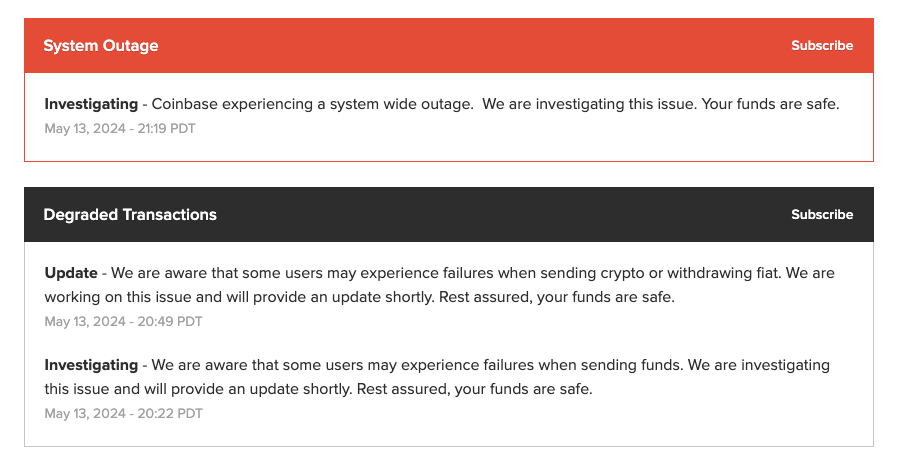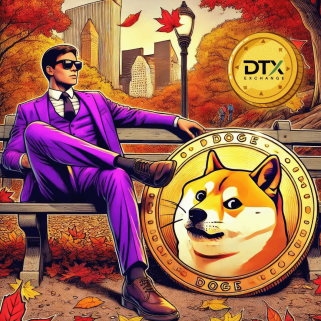The United States Supreme Court has overridden Coinbase’s user agreement, allowing district courts to settle sweepstakes disputes involving Dogecoin rewards.
Crypto exchange Coinbase launched a Dogecoin (DOGE) sweepstakes promotional event in June 2021. The user agreement had conflicting clauses regarding dispute resolution.
Coinbase preferred arbitrators to resolve financial disputes, while users favored court intervention. Both options were separately outlined in the platform’s agreements.
On May 23, the U.S. Supreme Court ruled that state and federal courts will have sole jurisdiction over controversies regarding Coinbase’s sweepstakes promotion.
“We conclude that a court, not an arbitrator, must decide whether the parties’ first agreement was superseded by their second. The Ninth Circuit’s judgment is affirmed.”
In tandem, Justice Neil Gorsuch, nominated by President Donald Trump in 2017, highlighted that arbitration is a matter of contract. Additionally, he reminded:
“Parties (crypto exchanges and users) can agree by contract that an arbitrator, rather than a court, will resolve threshold arbitrability questions as well as underlying merits disputes.”
The Supreme Court finally refuted Coinbase’s previous claims that the court’s approach could “invite chaos” by facilitating challenges to delegation clauses. “We do not believe that such chaos will follow,” the ruling added.
Courts in the United States are not authorized to intervene in disputes when contracts  contain an arbitration clause only.
contain an arbitration clause only.
However, when users agree on two contracts — one sending arbitrability disputes to arbitration, and the other either explicitly or implicitly sending arbitrability disputes to the courts — a court must decide which contract governs.
Related:
- Coinbase reopens XRP trading in New York
- Coinbase recently suffered a major outage that impacted its trading services mobile and desktop applications.
Coinbase notice on system-wide outage and degraded transactions. Source: Mozilla
Coinbase Support’s official Twitter account posted about the outage on May 14. It said it was investigating the issue and working on a solution. The account reiterated that users’ funds were safe.
Cointelegraph visited the website, which showed a “503 Service Temporarily Unavailable” error message. According to a developer guide found on Mozilla, the most common cause is that the servers are down for maintenance or that is overloaded.
Magazine: Godzilla vs. Kong: SEC faces fierce battle against crypto’s legal firepower


 crypto.news
crypto.news CoinPedia News
CoinPedia News Cryptopolitan_News
Cryptopolitan_News Crypto Daily™
Crypto Daily™ BSCN
BSCN DogeHome
DogeHome Coin Edition
Coin Edition Optimisus
Optimisus TheCoinrise Media
TheCoinrise Media






















